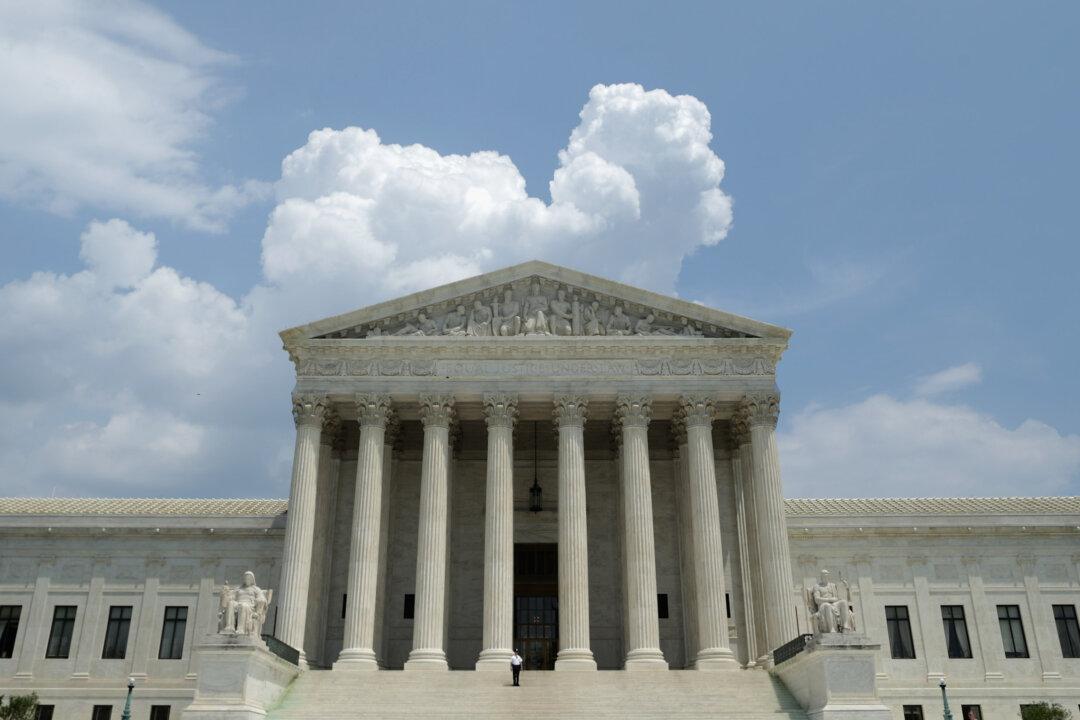Just weeks after the Supreme Court agreed to hear a case involving a Trump-era rule preventing federally funded health care providers in a family planning program from referring patients for abortions, the Biden administration asked the court to drop the case.
All the parties in the case consented to ask that it not be heard, in expectation of President Joe Biden withdrawing the rule.





